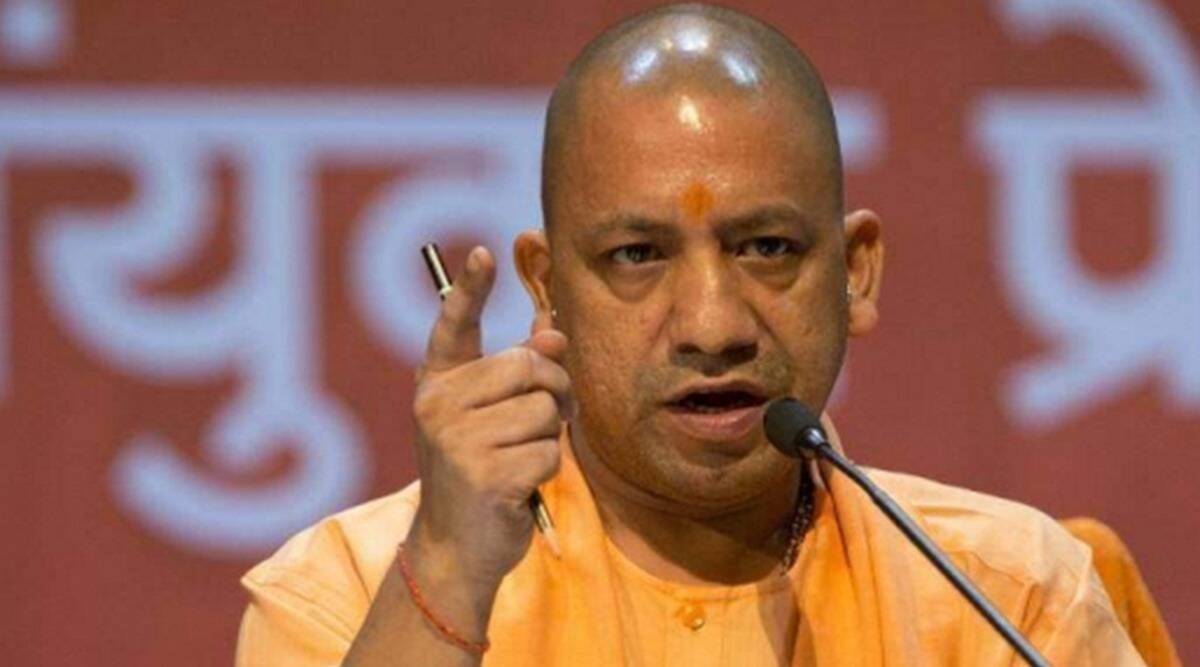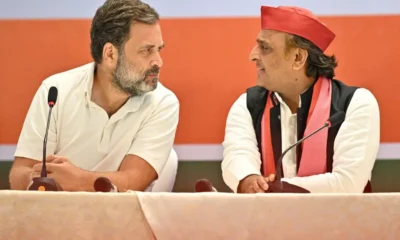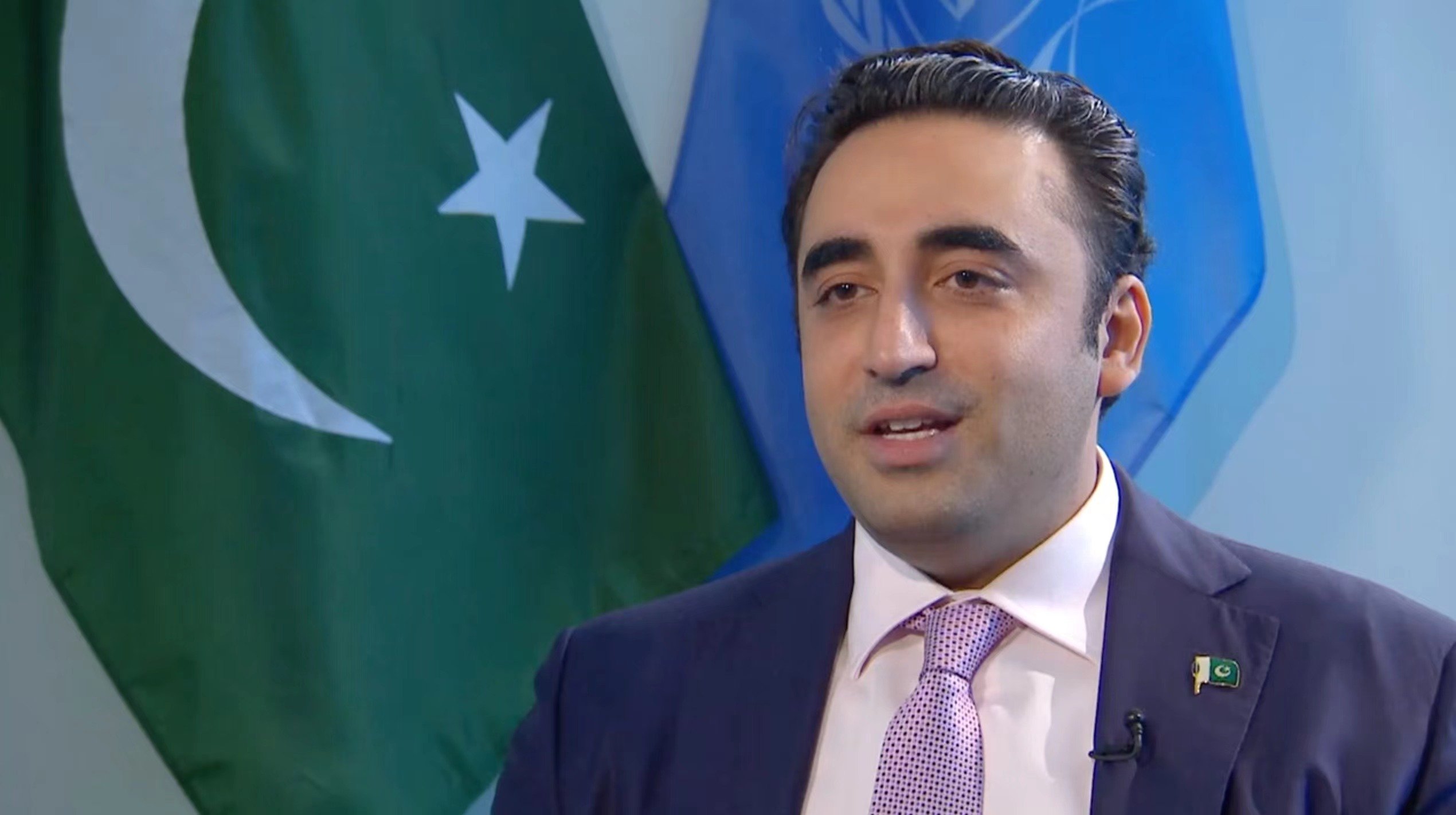Top Stories
Uttar Pradesh: Man kidnaps 2 minors girls promising them ice cream, rapes both, kills one

India News
Nawaz Sharif urges Shehbaz Sharif to pursue diplomacy over aggression against India
Nawaz Sharif has advised Prime Minister Shehbaz Sharif to avoid aggression and focus on diplomacy following India’s suspension of the Indus Waters Treaty.
India News
Asaduddin Owaisi criticises Bilawal Bhutto’s remarks amid Indus Waters Treaty row
Asaduddin Owaisi hits out at Bilawal Bhutto Zardari for his provocative “blood will flow” remark after India suspended the Indus Waters Treaty, highlighting the tragic consequences of terrorism.
India News
India inks Rs 63,000 crore deal for 26 Rafale-M jets to strengthen naval fleet
India has signed a ₹63,000 crore deal with France to acquire 26 Rafale M fighter jets, strengthening the Navy’s capabilities aboard INS Vikrant and INS Vikramaditya.
-
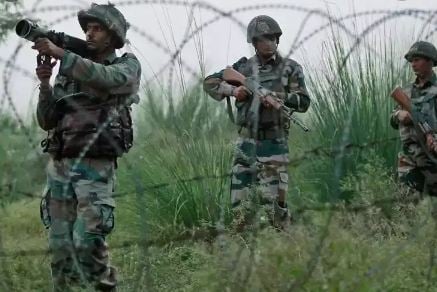
 India News18 hours ago
India News18 hours agoPakistan violates LoC ceasefire again, first firing reported in Poonch sector
-

 India News16 hours ago
India News16 hours agoSixteen Pakistani YouTube channels banned in India after Pahalgam terror attack, BBC warned over headline
-
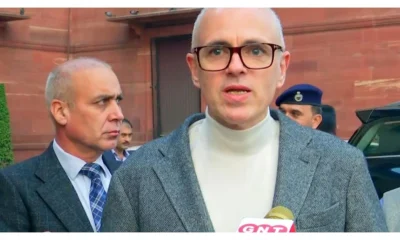
 India News15 hours ago
India News15 hours agoOmar Abdullah’s emotional address after Pahalgam attack highlights Kashmir’s unity against terror
-

 India News13 hours ago
India News13 hours agoIndia inks Rs 63,000 crore deal for 26 Rafale-M jets to strengthen naval fleet
-
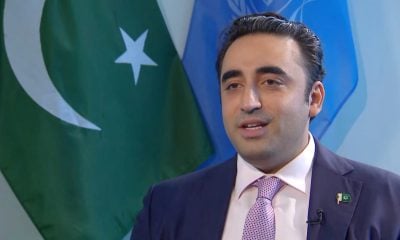
 India News13 hours ago
India News13 hours agoAsaduddin Owaisi criticises Bilawal Bhutto’s remarks amid Indus Waters Treaty row
-
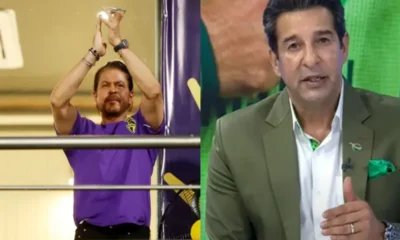
 Cricket news11 hours ago
Cricket news11 hours agoShah Rukh Khan once arranged a Boeing in an hour for KKR team, recalls Wasim Akram
-
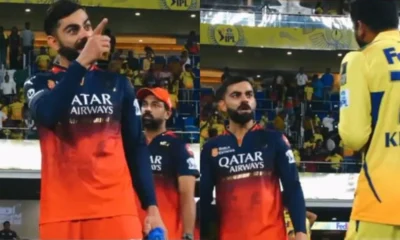
 Cricket news11 hours ago
Cricket news11 hours agoRCB boost IPL 2025 playoff hopes with 88% qualification chance, DC at 70%, MI and CSK struggle
-
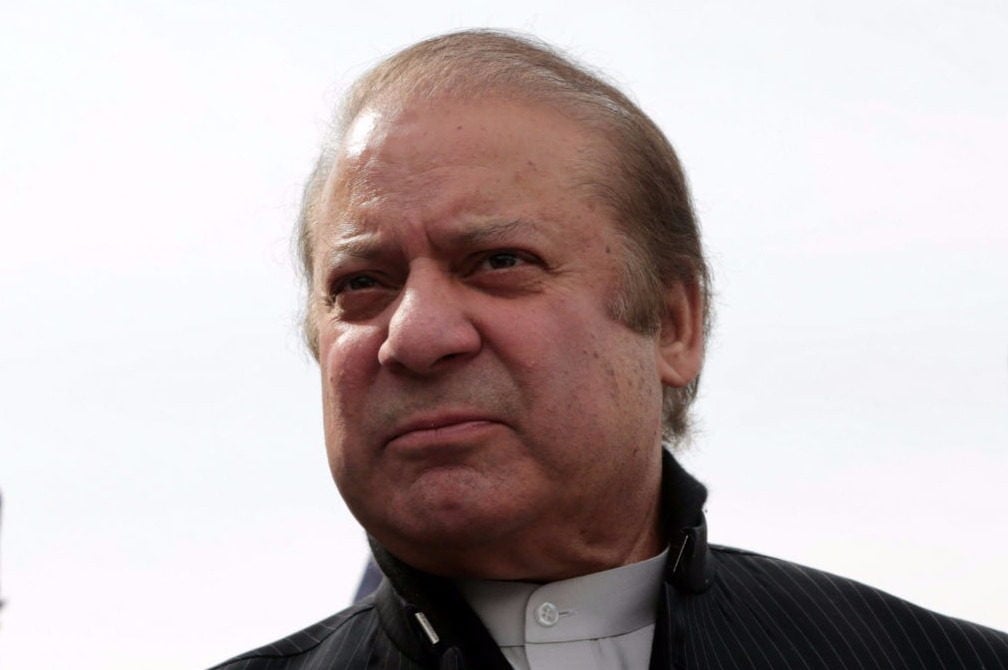
 India News11 hours ago
India News11 hours agoNawaz Sharif urges Shehbaz Sharif to pursue diplomacy over aggression against India



